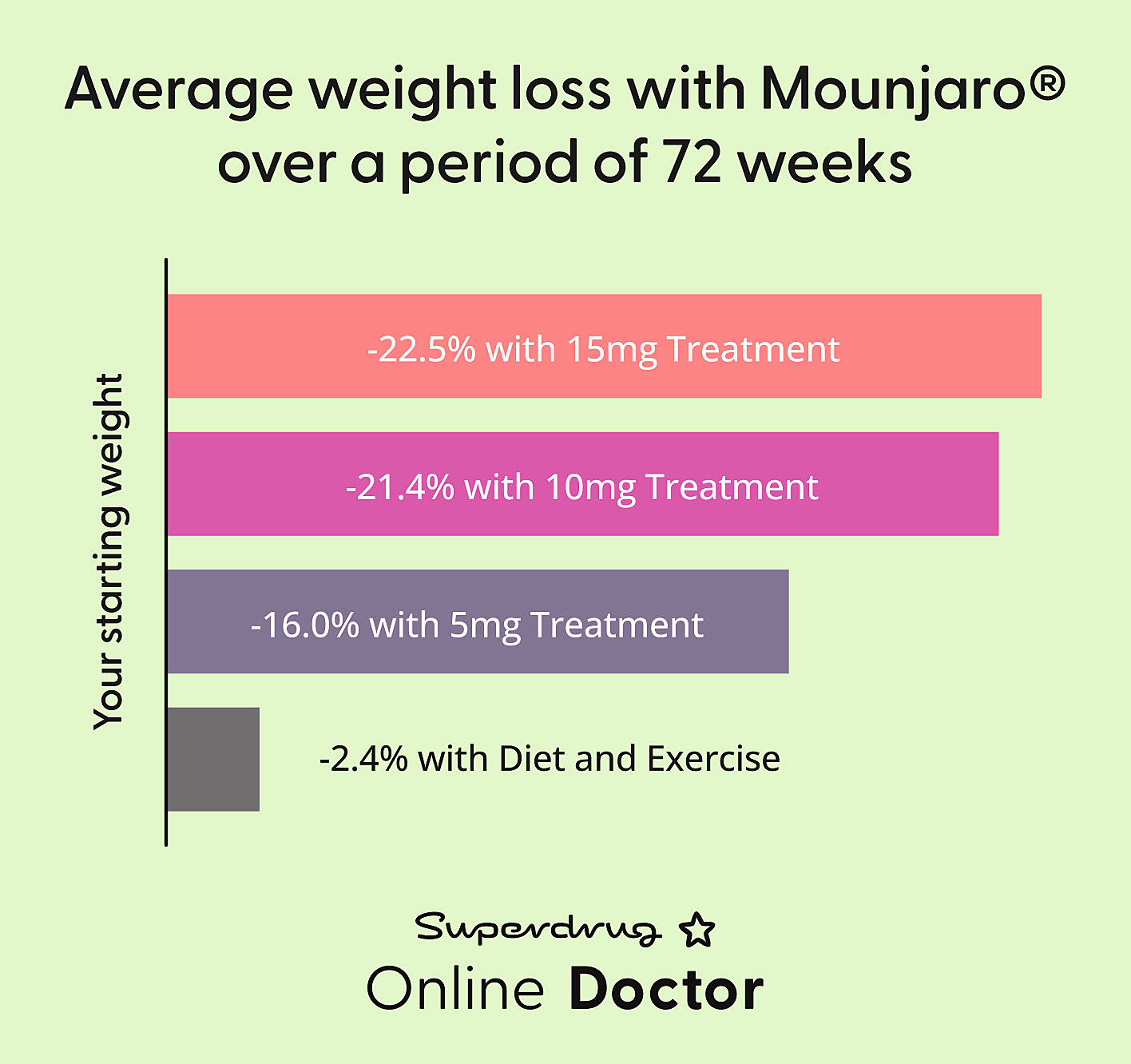
In July 2017, 24-year-old mother Lucero Garza looked for a natural diet supplement to assist her in shedding the weight gained after giving birth. Without seeking medical advice, Garza purchased the product ‘Avitia Cobrax’ through Facebook. Although the supplement was promoted as a natural solution, its results were far from beneficial. After taking the product, Garza started to suffer from intense headaches and ultimately slipped into a coma. Sadly, she died six days later.
Medical professionals confirmed that Garza’s health issues were directly linked to the weight-loss supplement she consumed. Her experience is not unique—dietary supplements aimed at weight reduction, muscle enhancement, energy boosts, and detoxification lead to more than 23,000 emergency room visits annually in the U.S. These items are frequently hazardous, easily obtainable, and marketed directly to susceptible young individuals.
Many of these substances include stimulants like phentermine, which can heighten the risk of developing high blood pressure or valvular heart disease. Compounds like DNP (2,4-dinitrophenol) inhibit the storage of energy as fat, increasing body temperature and harming organs like muscles and kidneys. Common repercussions associated with these chemicals range from seizures and coma to bone marrow failure and even cancer.
Moreover, certain ingredients in these products lack adequate evidence for safety or effectiveness. For example, particular chemicals promoted for athletic performance, such as glutamine, choline, methoxyisoflavone, and quercetin, have not been proven to significantly enhance athletic performance. Over-the-counter (OTC) products are also known to contain illegal substances or compounds similar to illegal drugs. A typical example in supplements is the herb Acacia rigidula, which often contains β-methylphenylethylamine, a chemical akin to the drug amphetamine.
Furthermore, FDA laboratory testing has revealed that the weight loss supplement Garcinia Cambogia Premium unlawfully contains sibutramine, a controlled substance that was withdrawn from the market due to safety concerns. Specifically, research indicated a 16 percent increase in the risk of major adverse cardiovascular events in patients who took sibutramine compared to those who did not. Nonetheless, this substance has been identified in up to 85 percent of tainted weight loss supplements.
In addition to illicit components, OTCs often disseminate misleading information. For instance, a recently trending OTC product is the thermogenic “fat burning” supplement. These compounds claim to enhance fat metabolism or energy expenditure, but in reality, they can overwhelm the liver and potentially cause tachycardia or a heart attack.
OTCs and their ingredients can provoke alarming psychological effects. Young women who utilize over-the-counter diet pills are up to 6 times more likely than their peers to receive a diagnosis of an eating disorder within a few years. Additionally, nearly 1 in 10 adolescent girls are estimated to have utilized non-prescribed diet pills, laxatives, or diuretics at some point in their lives. This dilemma is likely to escalate, as the Food and Drug Administration (FDA) has limited statutory authority to oversee the weight-loss supplement industry, which is projected to reach $21.42 billion in value by 2030.
Regulatory gaps in marketing laws enable companies to perpetuate false claims and disguise harmful ingredients such as tianeptine, which shares properties with opioids. Many of these products are neither prescribed nor regulated, sold over-the-counter in physical stores and online with minimal oversight. They exploit the vulnerabilities of minors, despite significant risks, and are alarmingly easy to acquire in the current landscape.
Today’s youth are frequently inundated with the concept of the “ideal body.” Advertisements often exploit insecurities regarding body image and athletic prowess, promoting messages of immediate transformation and optimal physical appearance. Retailers often employ influencer endorsements and targeted language to appeal to adolescents, tapping into their yearning for social acceptance. Muscle-building supplements, in particular, are promoted as vital tools for achieving hyper-masculine ideals, glorified through social media platforms and fitness culture.
Social media only serves to amplify this harmful feedback loop, celebrating muscle development, weight-loss journeys, and edited bodies. Celebrities and influencers alike use popular platforms like TikTok to endorse diet pills and other muscle-building supplements, many of which are unregulated, as shortcuts to aesthetic aspirations.
Among peers, the pressure is even more intense. A Missouri teenager shared anonymously: “It’s [almost] like everyone desires the ‘after’ image without revealing the struggles it entails.” That struggle is often internalized, and body dissatisfaction—and potentially dysmorphia—quickly becomes the norm. What begins as a seemingly innocuous quest to “get in shape” can swiftly morph into a lifelong reliance on diet pills and muscle-building supplements.